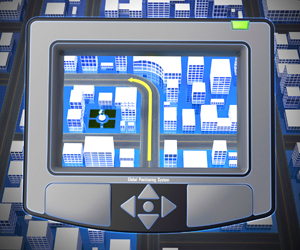
Aug. 16, 2011 – Placement of a “real time” Global Positioning System (GPS) device on the defendant’s car was lawful, the District II Wisconsin Court of Appeals recently concluded.
Defendant James Brereton, charged with several counts of burglary after police used a GPS device to track his whereabouts, argued that the GPS police used was more technologically advanced than the warrant allowed.
But in State v. Brereton, 2010AP1366-CR (Aug. 10, 2011), the appeals court concluded that police acted reasonably and within their discretion in placing the GPS device, and the device used did not exceed the scope of the warrant.
Police in Walworth and Rock counties were investigating Brereton for 35 burglaries. In 2007, police stopped Brereton’s vehicle after receiving a tip the car was in the vicinity of the burglaries. Installation of the GPS was the primary purpose of the stop.
After impounding his car, police obtained a warrant to install the GPS device, and installed it underneath the hood. The device monitored movements in real time and sent police updated text messages. Four days later, the car was tracked to the location of a reported burglary.
Police arrested Brereton, and he later pled guilty to several counts of burglary. He appealed, arguing unsuccessfully that police unlawfully seized his car and the GPS device was more technologically advanced than the warrant for its placement allowed.
The warrant requested placement of a device that would “periodically” record movements at specific times and allow police to download the data onto a computer later. But the GPS device police used to monitor Brereton recorded his movements continuously in real time.
“[W]e see no reason to find that the police overstepped their bounds simply because they were able to monitor the movements in real time. …” wrote Chief Judge Richard Brown.
The appeals also court rejected Brereton’s argument that police overstepped his Fourth Amendment rights by installing the GPS under the hood, rather than outside the vehicle, at an impound lot, rather than a public place.
In State v. Sveum, 2009 WI App 81, 319 Wis.2d 498, 769 N.W.2d 53 (affirmed on other grounds), the appeals court held that “no Fourth Amendment search or seizure occurs when police attach a GPS device to the outside of a vehicle while it is in a place accessible to the public and then use that device to track the vehicle while it is in public view.”
By Joe Forward, Legal Writer, State Bar of Wisconsin
